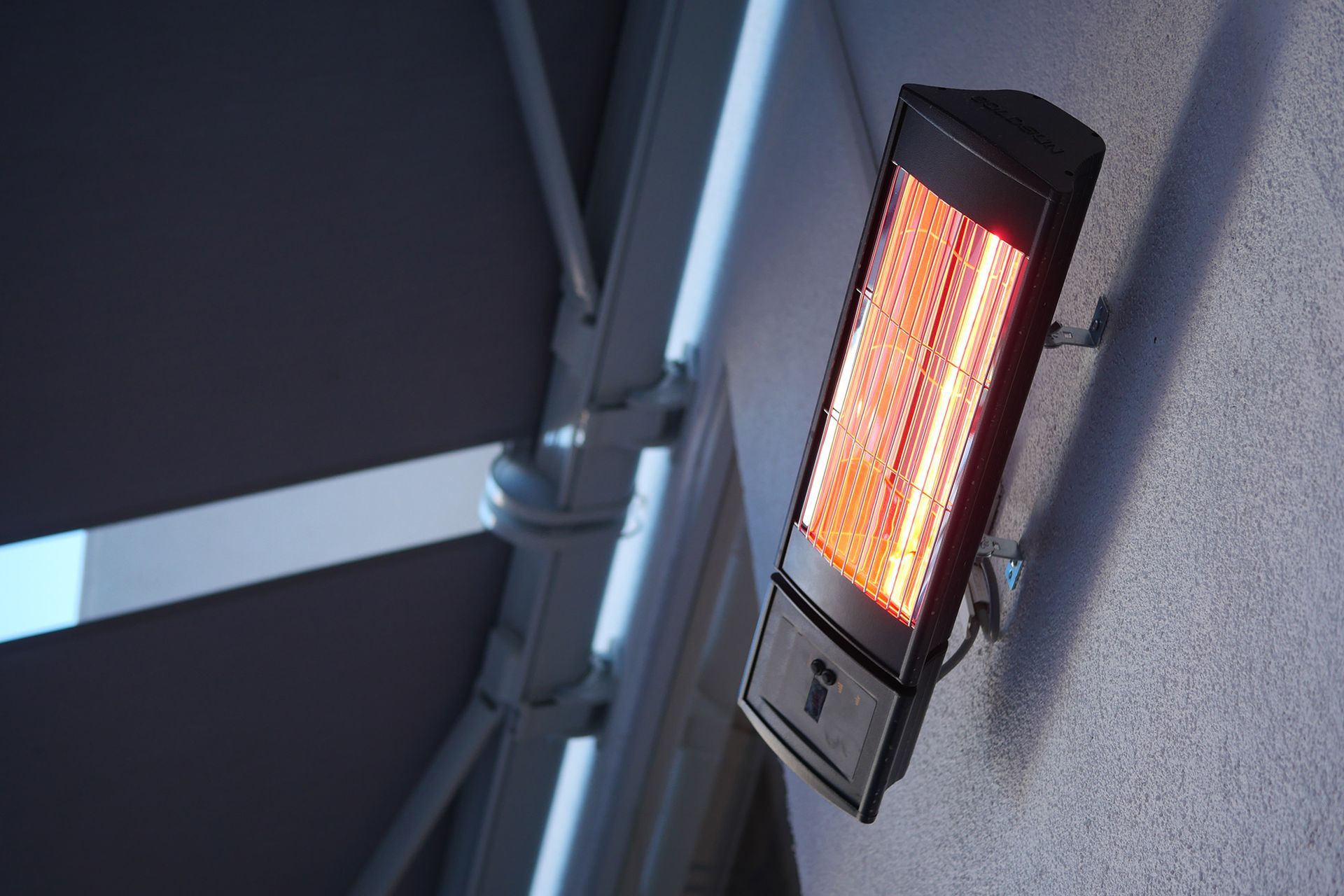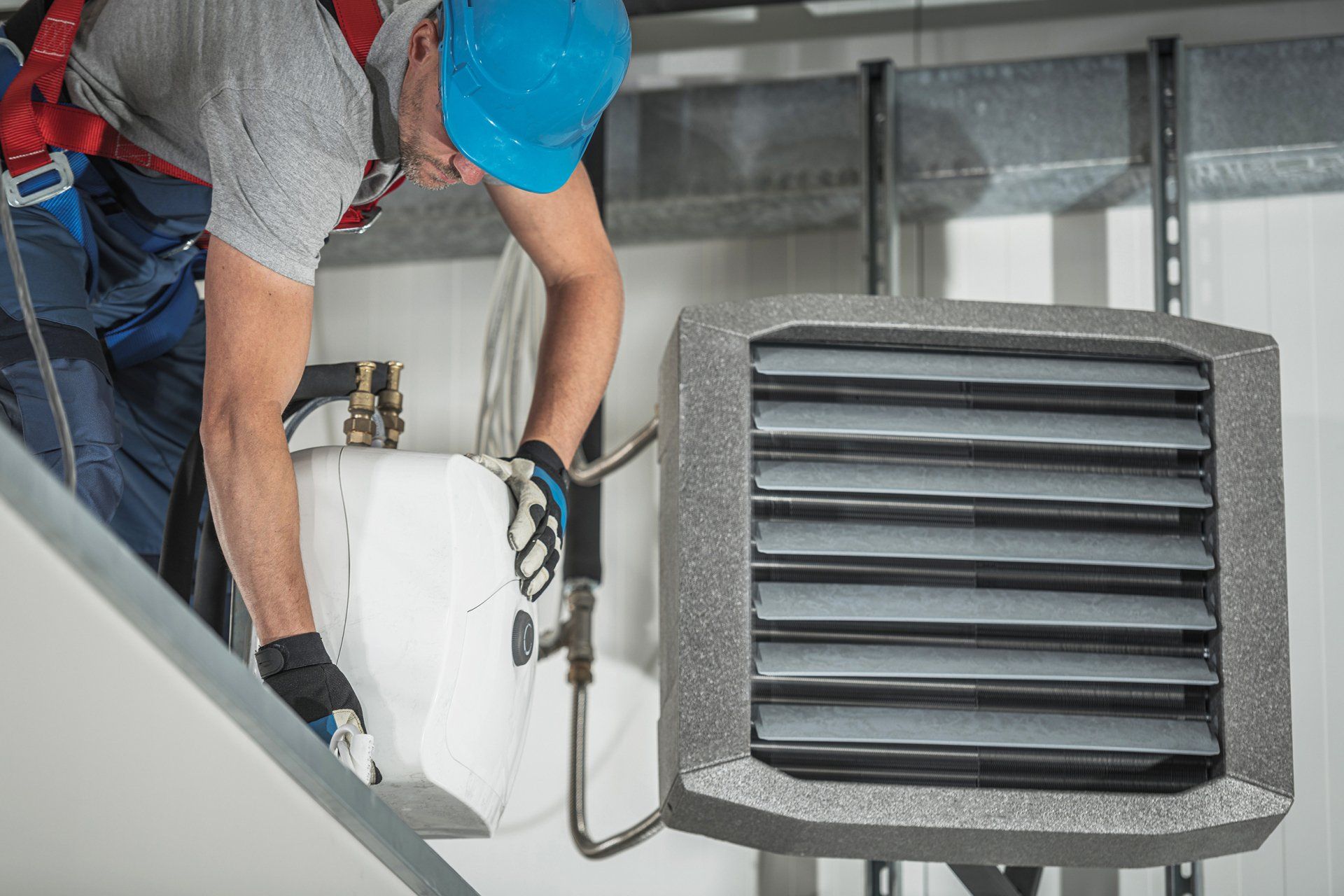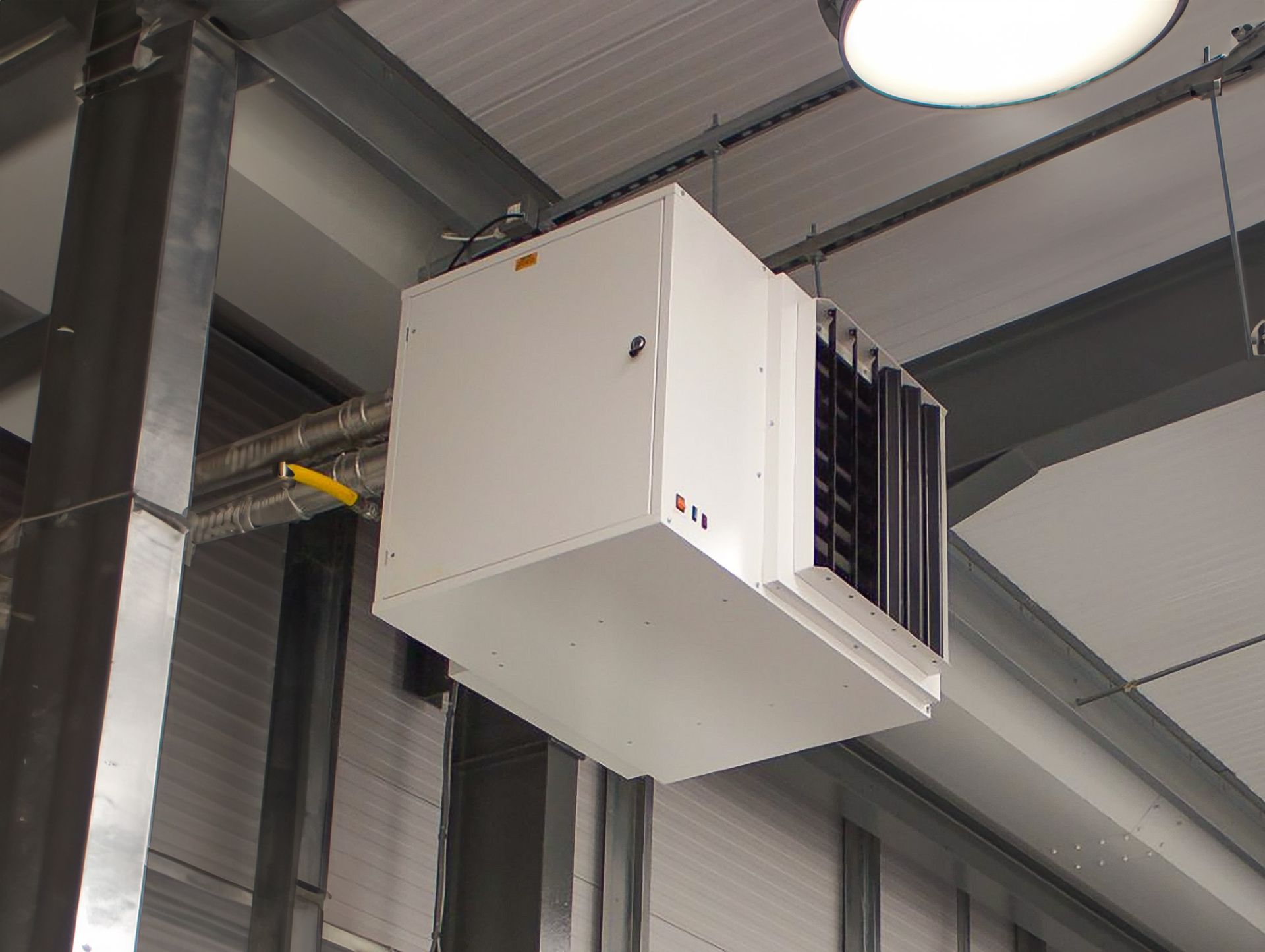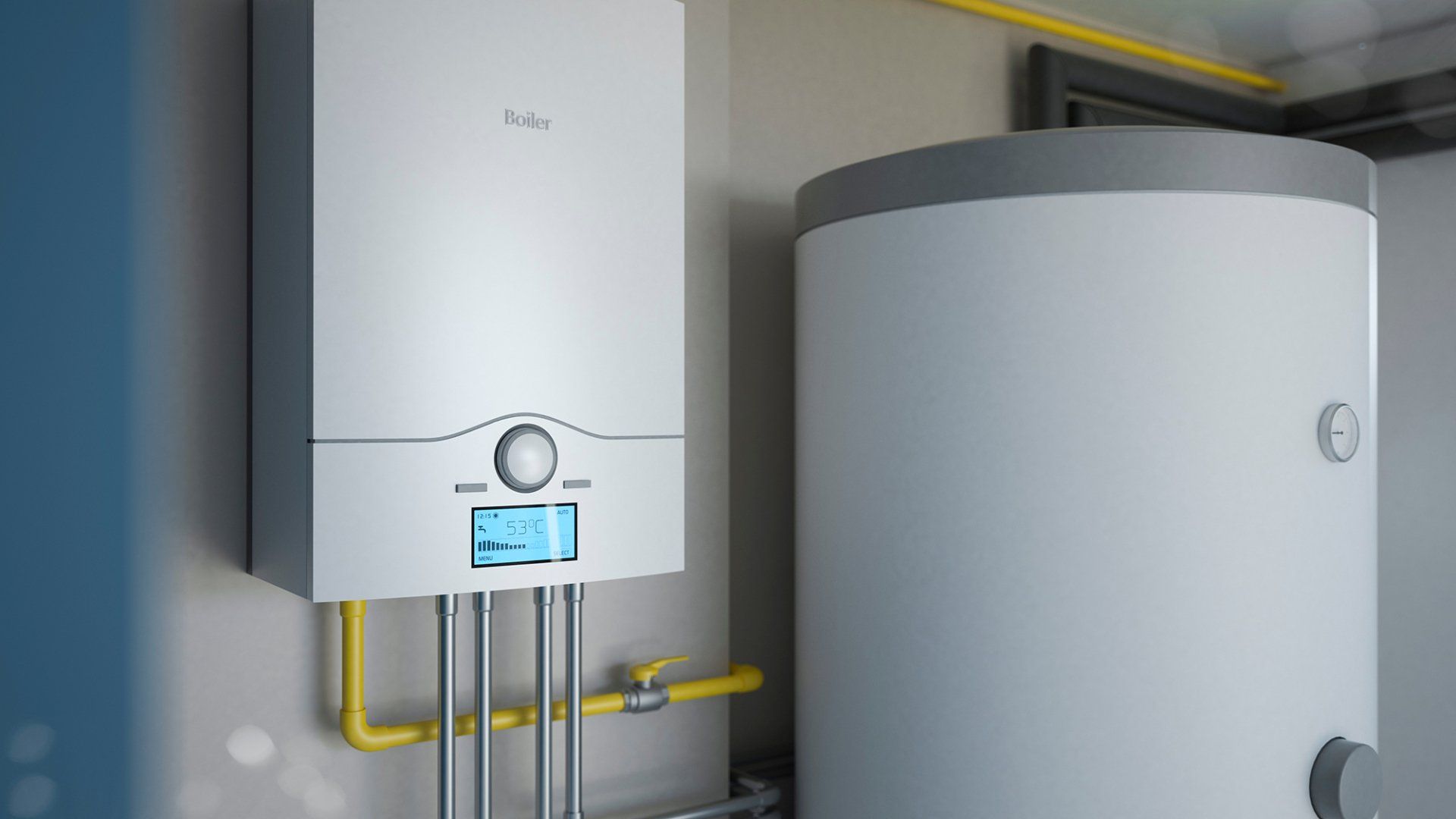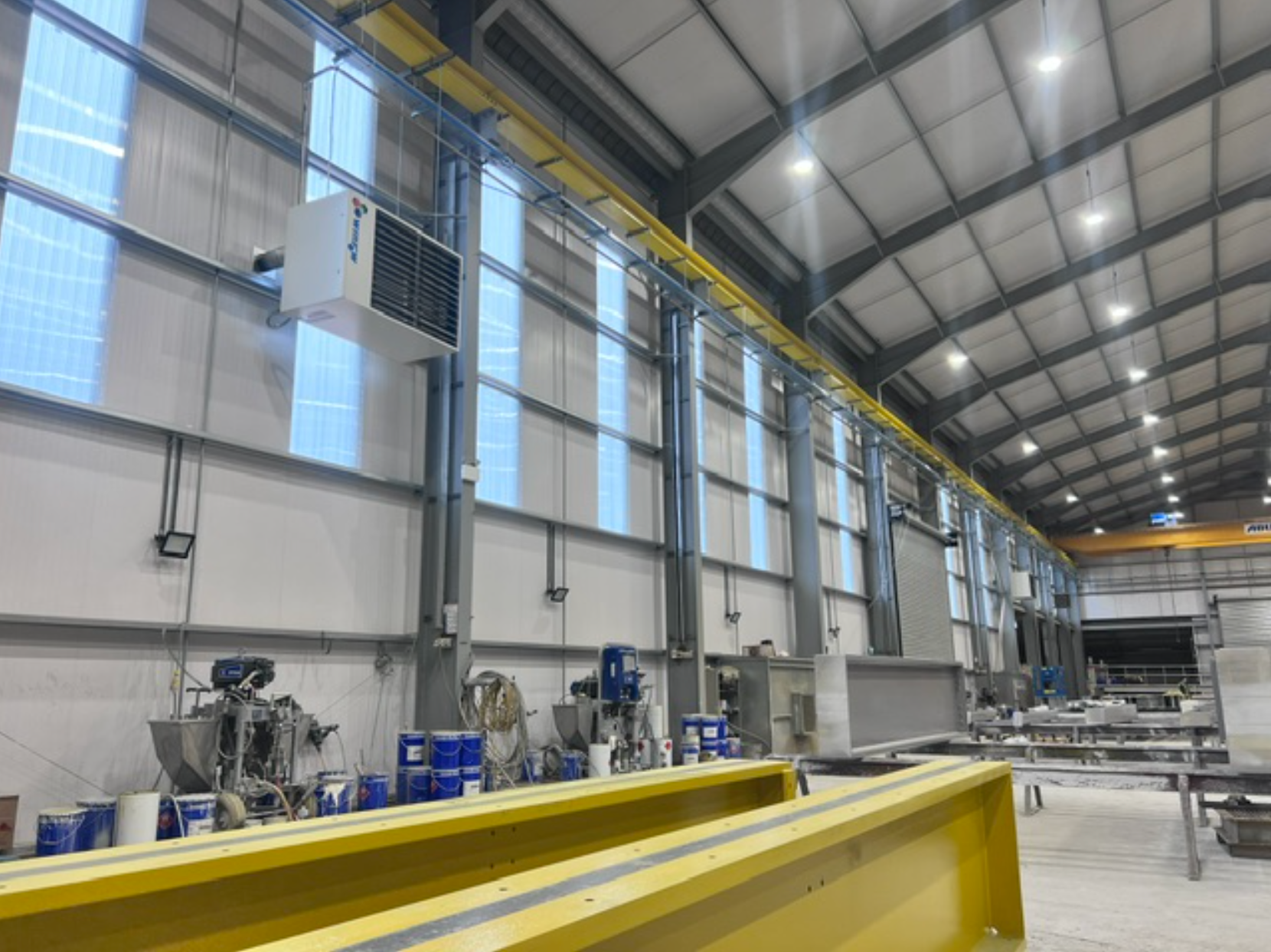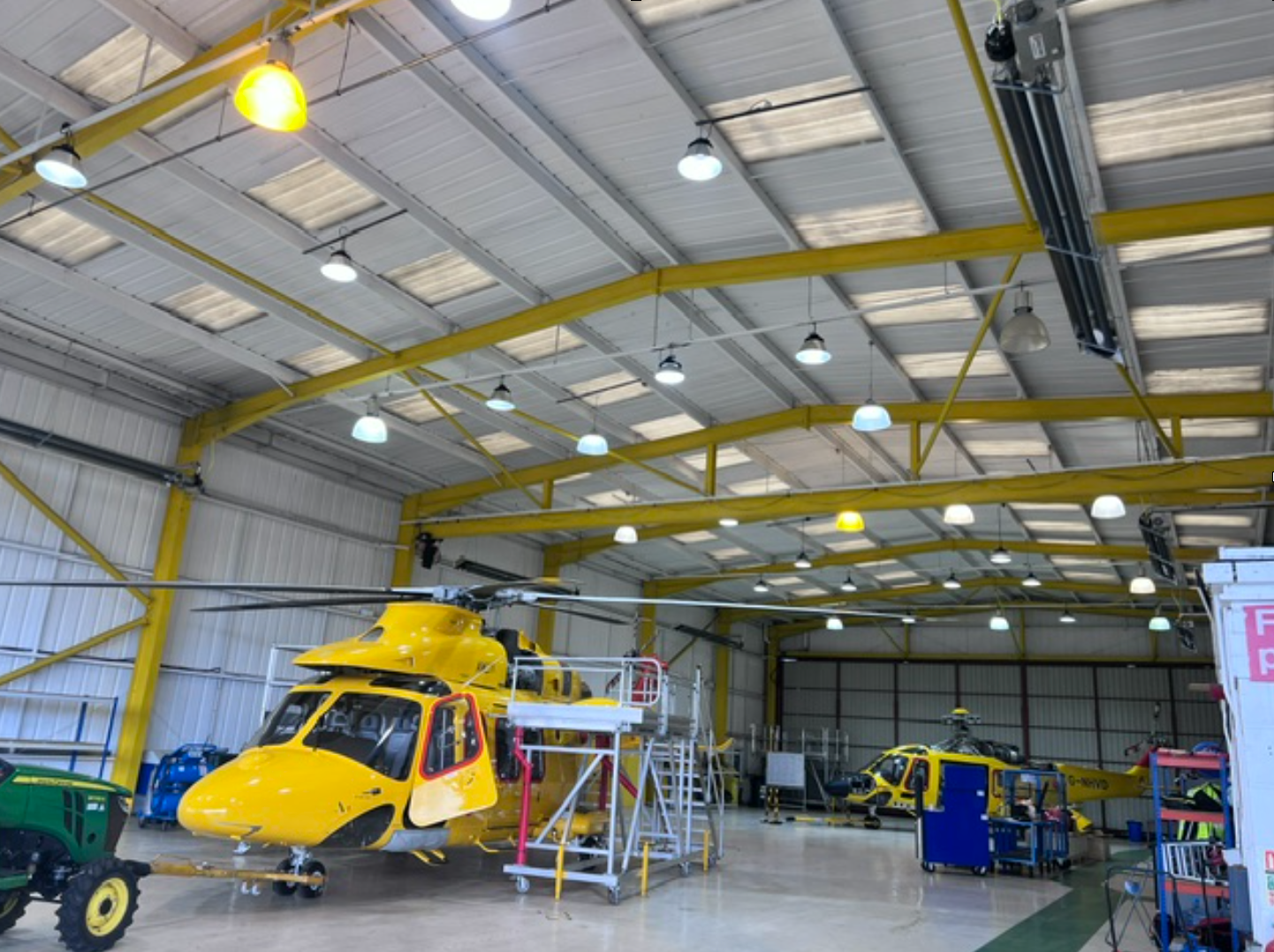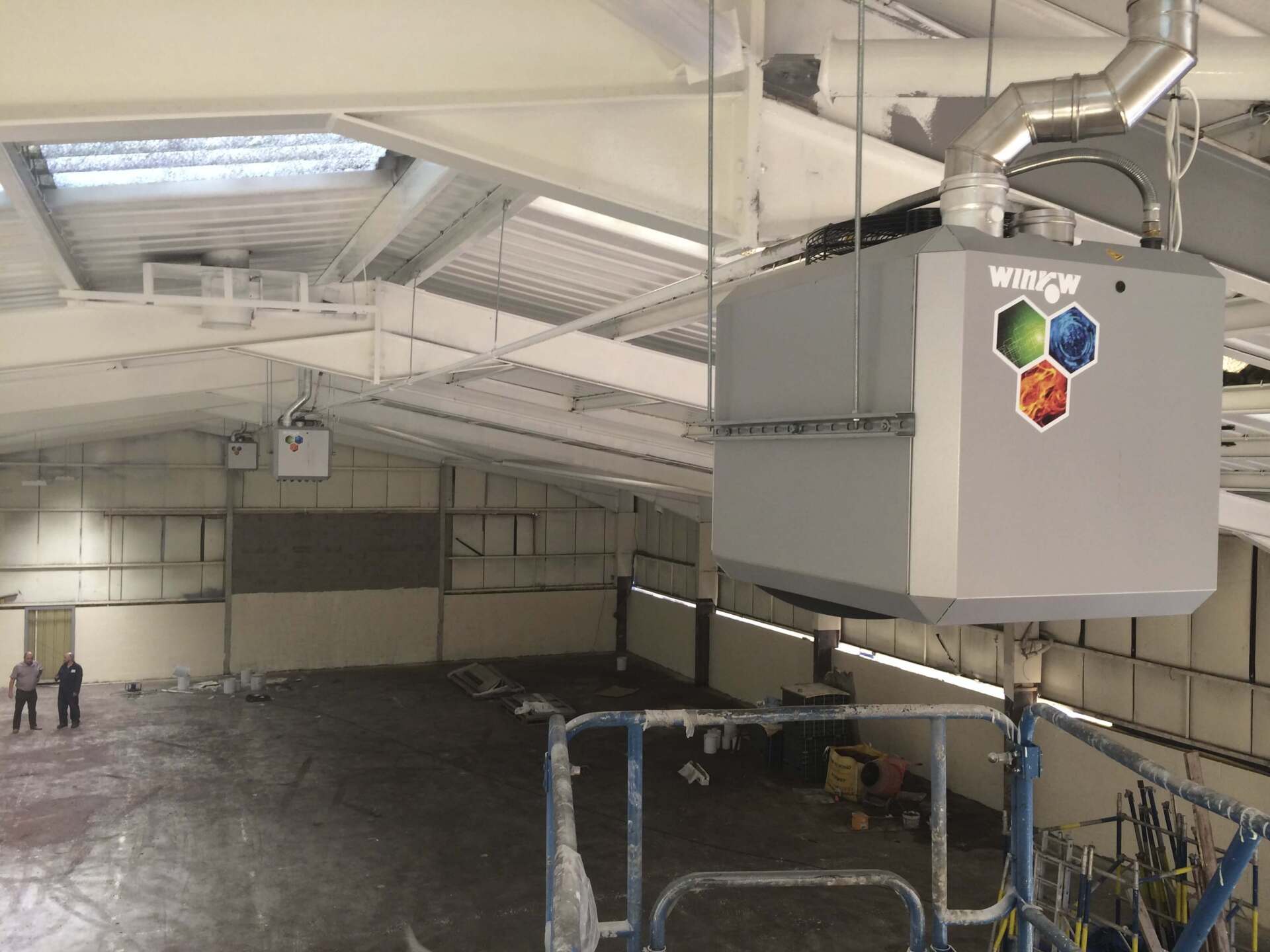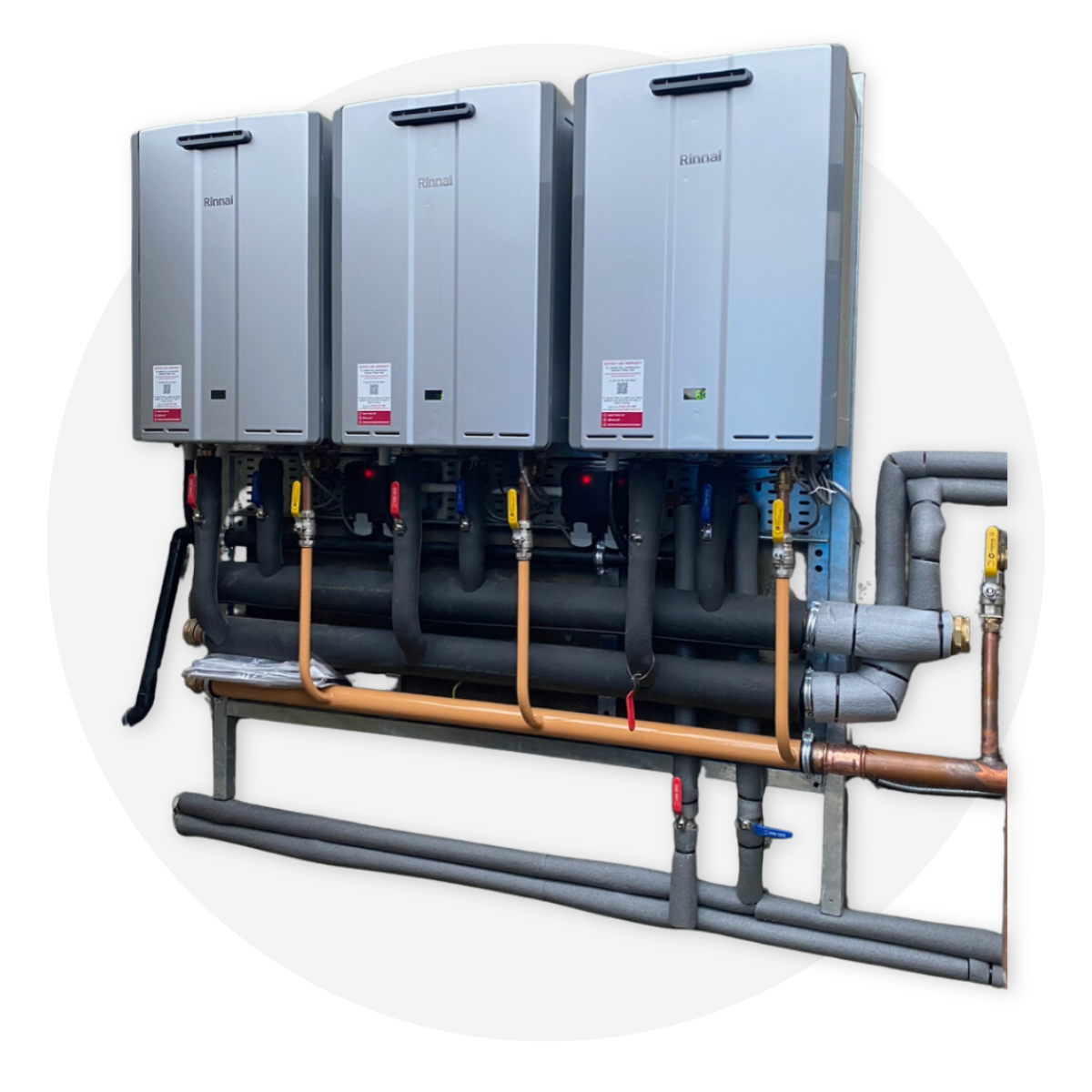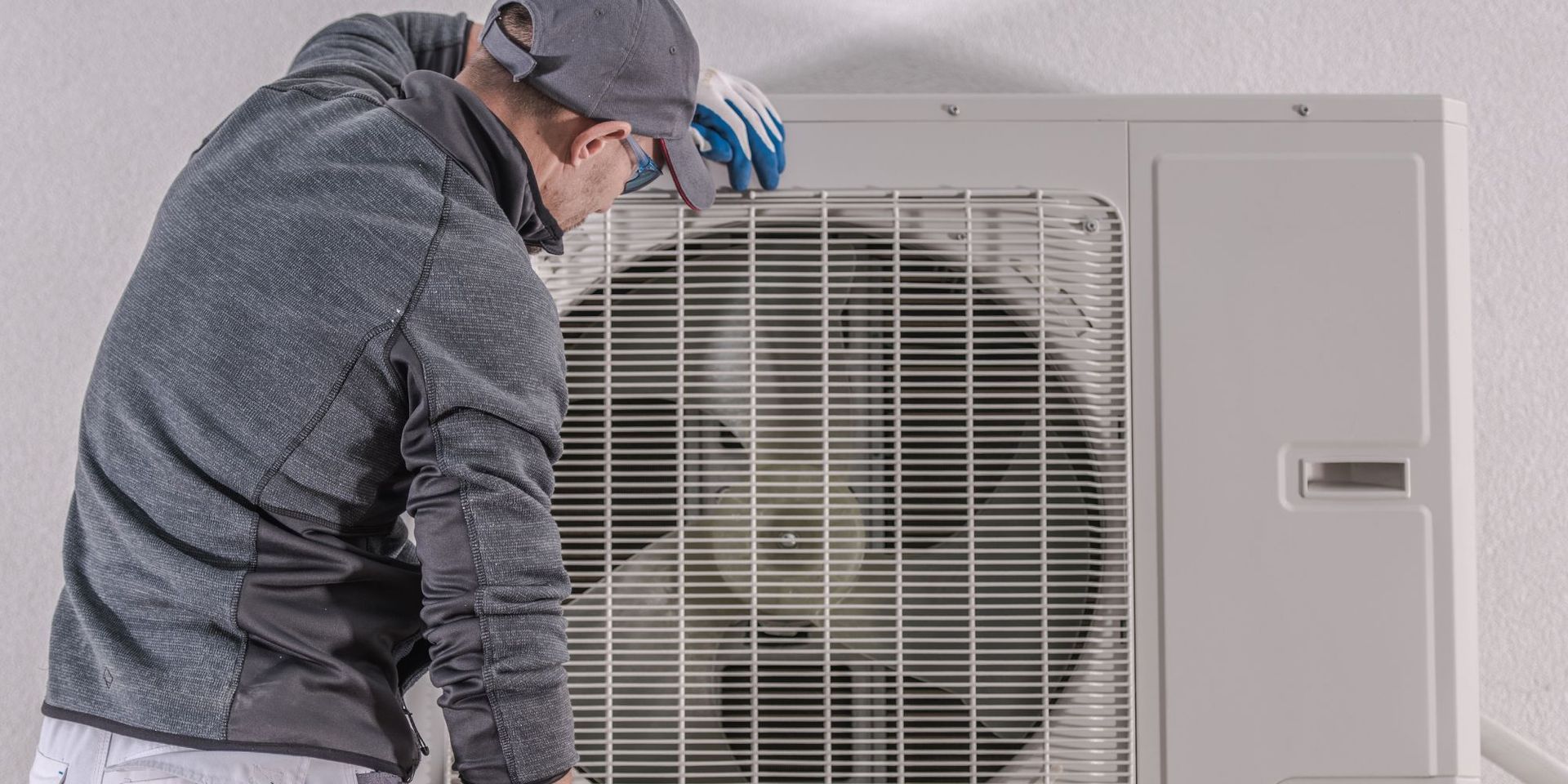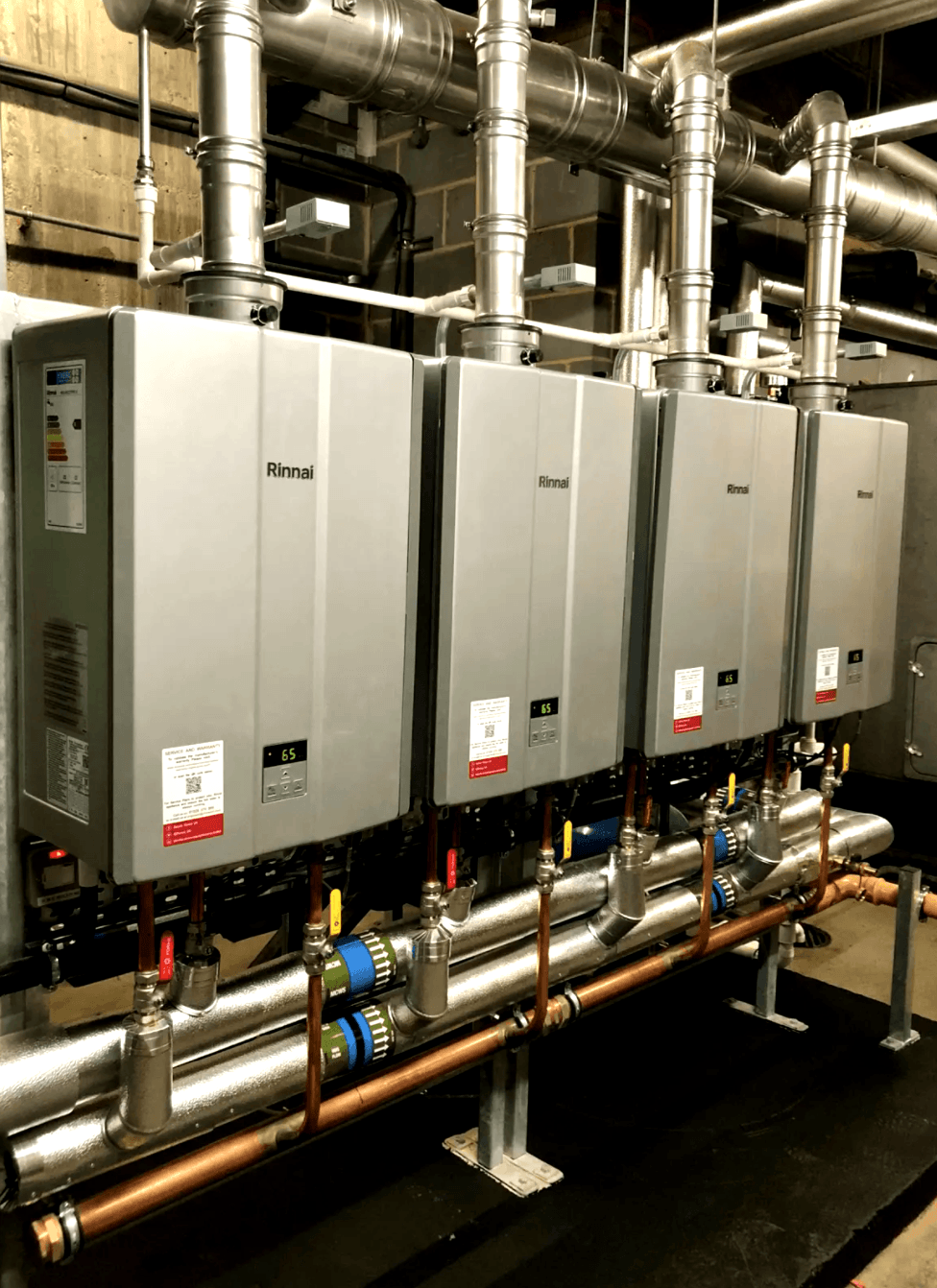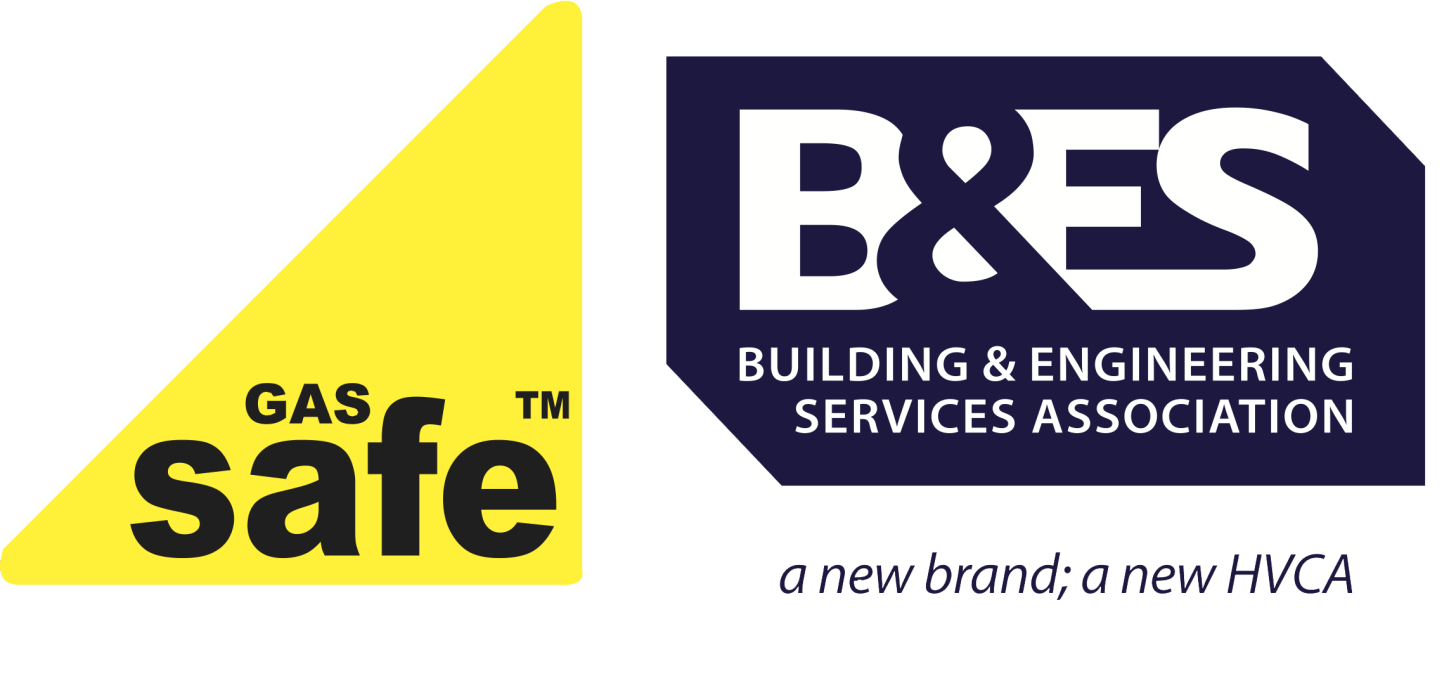Maintaining Your Boiler's Pressure: A Guide from Winrow Building Ltd
As the cold weather sets in, it's important to ensure that your boiler is functioning properly. One crucial aspect of boiler maintenance is maintaining the pressure levels, which ensures that the system works effectively and efficiently. In this guide, we'll walk you through everything you need to know about maintaining your boiler's pressure, from understanding its purpose to topping it up correctly.
Understanding Boiler Pressure:
Boiler pressure refers to the amount of water pressure within the heating system. This pressure is vital for ensuring that the system functions properly, as it helps to circulate hot water through the radiators or other sources of heat. The ideal boiler pressure range is between 1 and 1.5 bar. However, if the pressure drops too low or rises too high, it can cause the system to malfunction and become unsafe. Low pressure can lead to leaks and other issues, while high pressure can cause damage to the system's components or even cause an explosion.
Reasons for Dropping Boiler Pressure:
To maintain the optimal pressure range, you may need to top up your boiler's pressure occasionally. Winrow Building Ltd recommends doing this once or twice a year, depending on your system's age and condition. If your boiler's pressure keeps dropping, it's important to contact Customer Support right away. This could be a sign of a more serious issue, such as a leak in the system or a malfunctioning component. Common causes of pressure drops include air pockets in the radiators, leaks in the system, or faulty pressure relief valves.
What to Do When Pressure Drops Below 1 Bar:
If your boiler's pressure drops below 1 bar, it's crucial to top it up as soon as possible to prevent further damage to the system. Signs that your boiler's pressure has dropped too low include error codes on the system display or noisy pipes. To top up the pressure, you should first turn off the boiler and wait for it to cool down. Then, locate the filling loop and the pressure gauge, and follow the step-by-step instructions provided by your boiler's manufacturer. It's essential to monitor the pressure levels carefully while doing this to ensure that you don't overfill the system.
Managing Pressure During Heating:
As your boiler heats up water or radiators, the pressure levels may fluctuate. It's crucial to monitor the pressure levels during this process to ensure that they don't become too high or too low. If the pressure goes too high, the safety valve may discharge water, leading to inefficiency and potentially causing damage to the system. To manage pressure during heating, you can bleed the radiators to release air pockets or adjust the pressure relief valve.
Conclusion:
Regularly maintaining your boiler's pressure is crucial for keeping your heating system working effectively and efficiently. In this guide, we've covered everything you need to know about understanding boiler pressure, topping up when necessary, and managing pressure during heating. If you're unsure about any aspect of boiler maintenance, Winrow Building Ltd is always here to provide professional assistance. Don't hesitate to reach out to us for any boiler-related concerns, and stay warm this winter!
At Winrow Building Ltd, we understand the importance of a properly functioning boiler system. That's why we recommend topping up the boiler pressure once or twice a year to ensure it's working efficiently. However, if you notice that the pressure keeps dropping, it's important to call our dedicated Customer Support team. We pride ourselves on providing exceptional customer service and we are always here to help. Our team of experts will work diligently to identify the problem and provide you with the necessary solutions to keep your boiler system running smoothly. Don't hesitate to reach out to us if you have any concerns about your boiler's performance.
As the temperature outside starts to dip, the last thing you want is for your boiler to break down. But, if it does, one of the key things to check is the pressure gauge. Ideally, the pressure gauge should be set at 1.5 bar when the boiler is working properly. However, if it drops below 1 bar, the boiler may display an error code and require a top up. So, if you want to keep your heating system running smoothly through the colder months, understanding your boiler's pressure gauge is essential.
There's nothing more frustrating than jumping into the shower only to find that the water is lukewarm or running cold altogether. That's why it's essential to keep an eye on your boiler's pressure gauge. When heating up hot water or radiators, the needle should stay below 2.5 bar and in the reassuring green section of the dial. If it goes too high, you might hear the safety valve discharging water, which means the pressure has exceeded a safe level. In some cases, this could mean that a bit of bleeding is necessary to reduce the pressure in the system. But by regularly monitoring your boiler's pressure gauge, you'll be able to ensure the longevity and efficiency of your boiler, while also enjoying a relaxing hot shower whenever you like.
Share This Post.
Latest News | Winrow Industrial Heating
